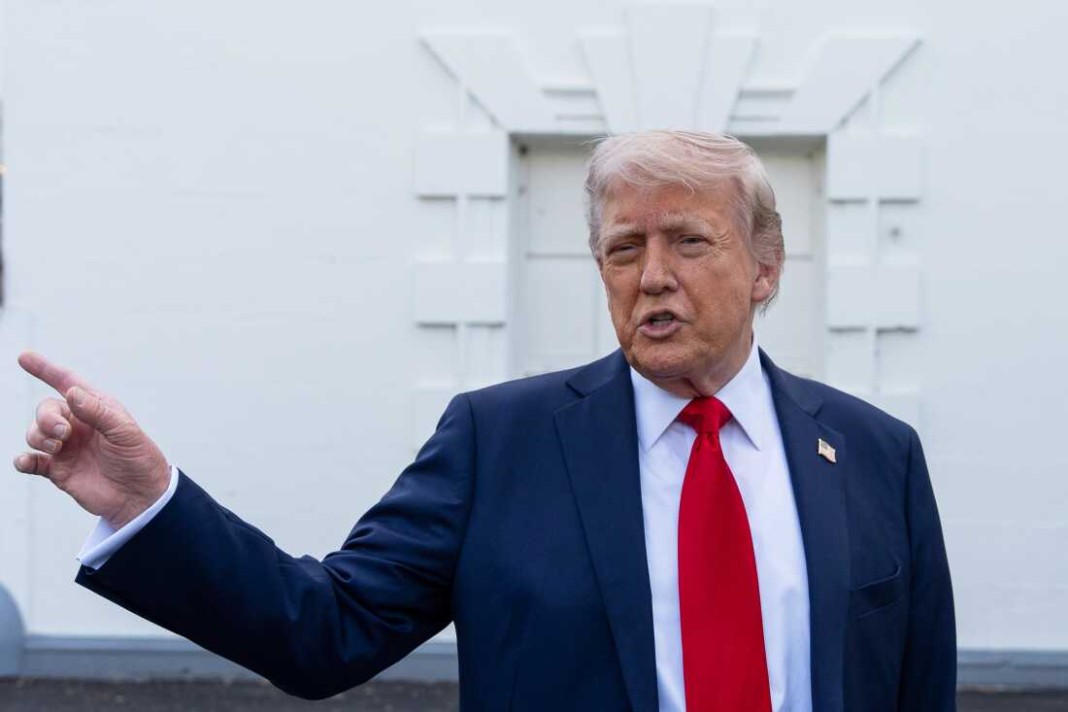This proposed 100% tariff on foreign-made films by President Trump signals a dramatic shift in U.S. trade and cultural policy—and it’s already drawing sharp concern across the global film industry.
Trump’s justification: He frames foreign film production as both an economic and national security issue, claiming U.S. filmmaking is being “undermined” by foreign incentives and is part of “messaging and propaganda”.
Unclear scope: No clarity on:
Whether the tariffs apply to U.S.-owned films shot abroad (e.g., Deadpool & Wolverine, Wicked).
Whether they cover streaming content, theatrical releases, or both.
How “foreign-made” is defined—by location, funding, talent, or ownership.
Global industry alarm: Countries like the UK, Australia, and New Zealand, all major film production hubs for U.S. studios, are already expressing concern. Unions and critics warn of economic backlash, potential retaliatory tariffs, and a loss of access to international markets for American films.
Hollywood’s reality: Due to rising costs in California and generous incentives abroad, major productions increasingly film outside the U.S.—a trend unlikely to reverse just due to tariffs.
China’s response: Already slashing the number of U.S. films allowed into its cinemas, linking it directly to U.S. trade policy.
Retaliation: Other nations might tax or limit U.S. films—especially major markets like China and Europe.
Streaming disruption: Global platforms like Netflix could face complex tariff rules, making content licensing and distribution harder.
Economic pain at home: Instead of revitalizing Hollywood, tariffs could raise costs for studios, delay productions, and harm U.S.-based workers.
Legal battles: WTO complaints or domestic lawsuits from U.S. studios are likely if the policy disrupts international contracts.
In short, this is a high-risk, high-ambiguity move that may stir cultural nationalism but could backfire economically and politically.


